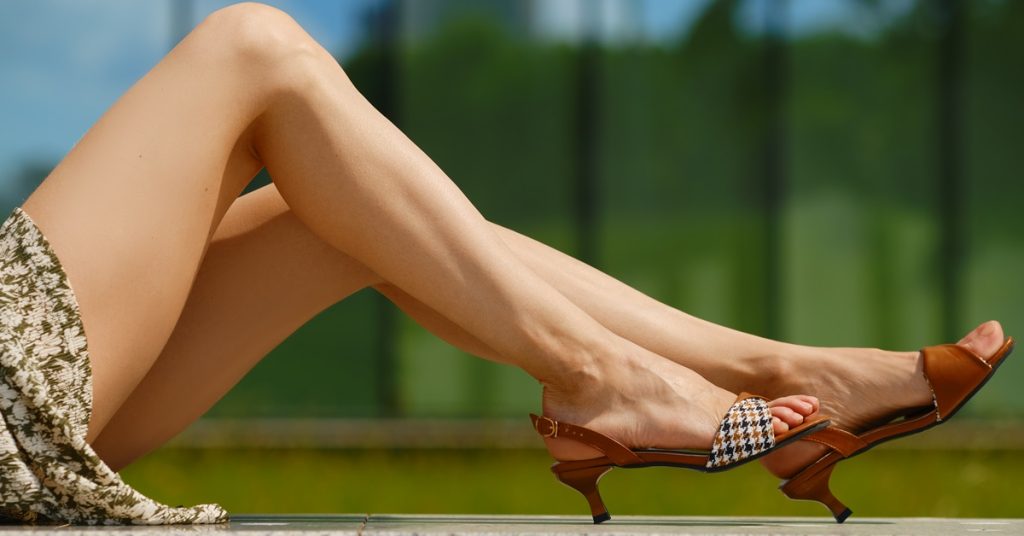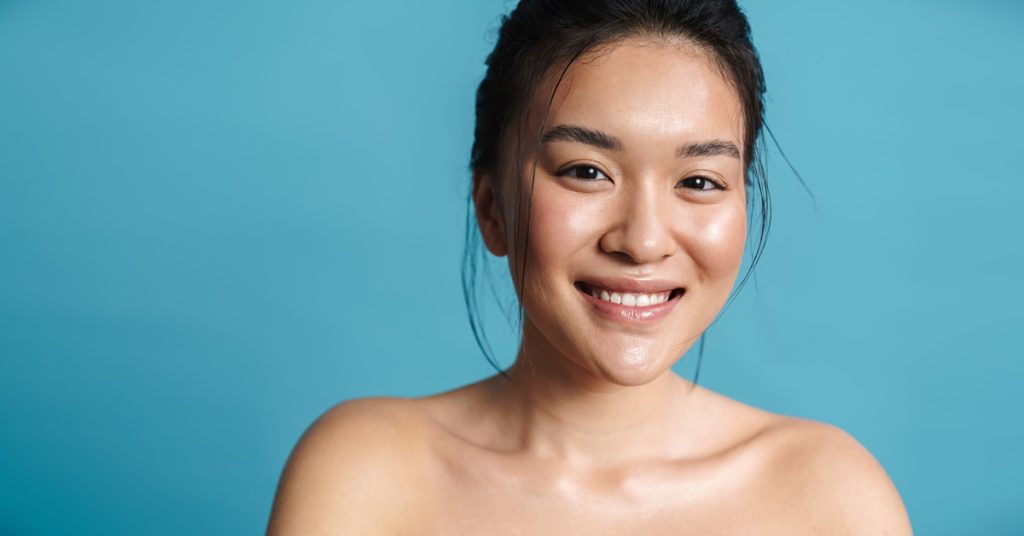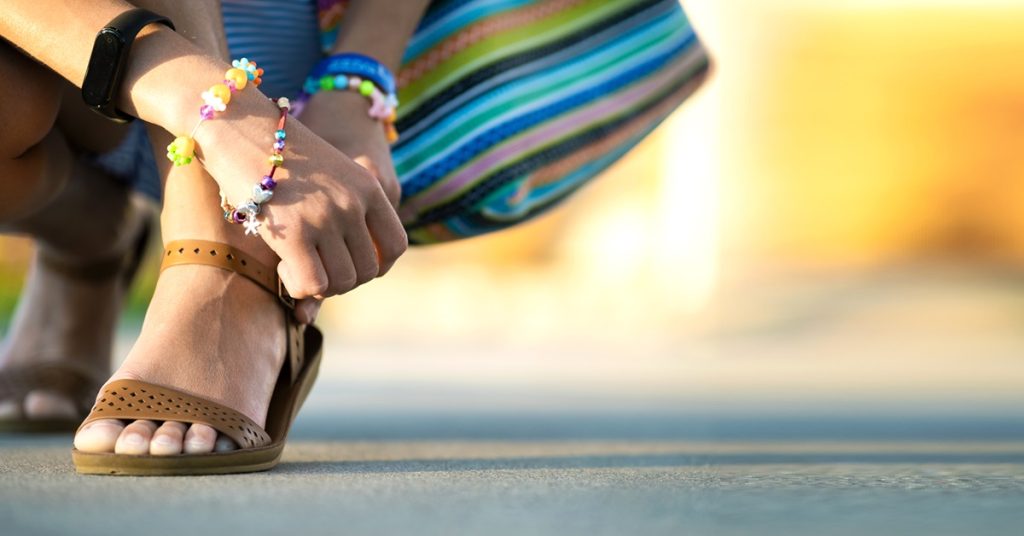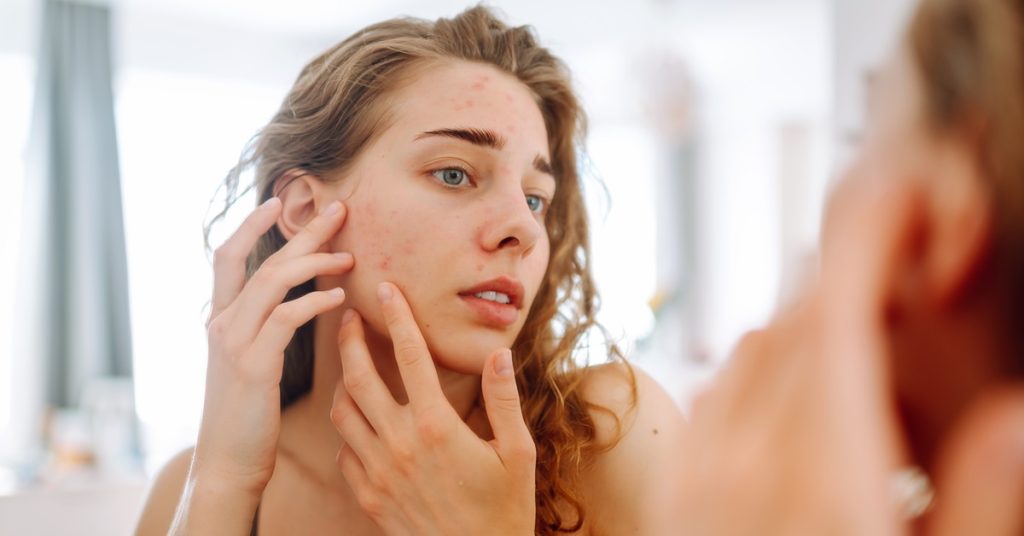Acne Awareness Month – Acne Scars FAQ’s
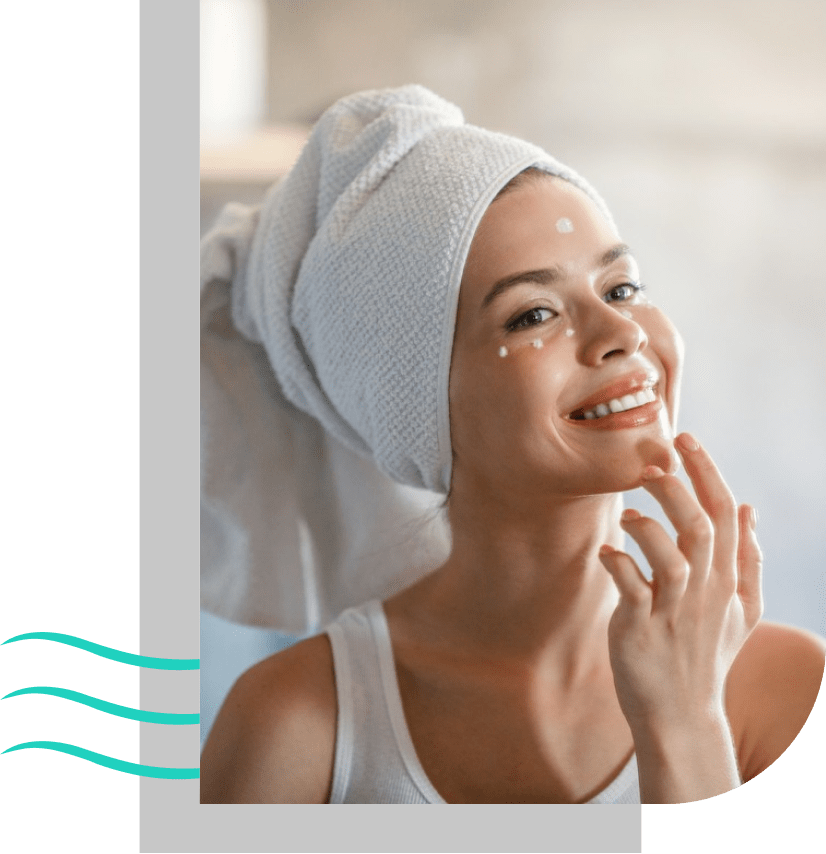
Did you know June is National Acne Awareness Month? Here at DESSNA, we want to give you some of the most frequent things we are asked about Acne and our responses.
What Are Acne Scars?
The best thing you can do to treat PIH is to mitigate further pigmentation as well as correct existing pigmentation abnormalities by providing a long term regimen to protect and repair the patient’s skin.
When most patients present to their dermatologist and are concerned about “acne scars”, fortunately, what they are actually referring to is post-inflammatory hyperpigmentation (PIH). PIH is the pesky red and dark spots left behind following a healing pimple or a breakout.
How Do I Get Rid of Acne Scars?
PIH is most successfully treated once the underlying cause, i.e. inflammation due to acne in this context, is under control. Your dermatologist will work with you to develop a comprehensive acne treatment plan specific to your particular case. This will likely include prescription medications, including both topical and oral therapies. Once the acne is addressed, we are best armed to treat the pigmentation abnormalities left behind.
First and foremost, it is crucial to protect acne scars from the sun, as exposure to UV rays will worsen both the red and/or brown discoloration left behind after the acne clears. I recommend the Elta MD UV Clear Broad Spectrum SPF 46. It’s perfect for those who are acne-prone. I love that it effectively hydrates without clogging pores or irritating skin with fragrance. A major plus of this SPF is that it contains niacinamide which is a great anti-inflammatory to reduce redness from PIH. It’s oil-free and feels super comfortable and lightweight on the skin.
To effectively treat brown spots and pigmentation abnormalities in the immediate aftermath, I recommend ZO Skin Health’s Pigment Control Program + Hydroquinone. This is a powerhouse skin care system formulated specifically to treat hyperpigmentation with key ingredients such as hydroquinone (hence the name!) and glycolic acid.
When it comes to a more long-term skincare regimen to treat discoloration and uneven skin tone, I recommend ISDIN Melatonik — a staple to add to your nightly routine. Melatonik contains key ingredients such as Vitamin C, melatonin, and bakuchiol. Vitamin C and melatonin are both powerful antioxidants that defend against UV damage, reduce dark spots, and provide an overall brighter complexion. Bakuchiol is a natural ingredient derived from the Psoralea corylifolia plant. It provides the same key benefits of retinol without the irritation, helping to repair, revitalize, and replenish the skin over the long term.
Struggling with acne or acne scarring? Give us a call to schedule your appointment today.
Plus, shop acne product recommendations on our online store!
